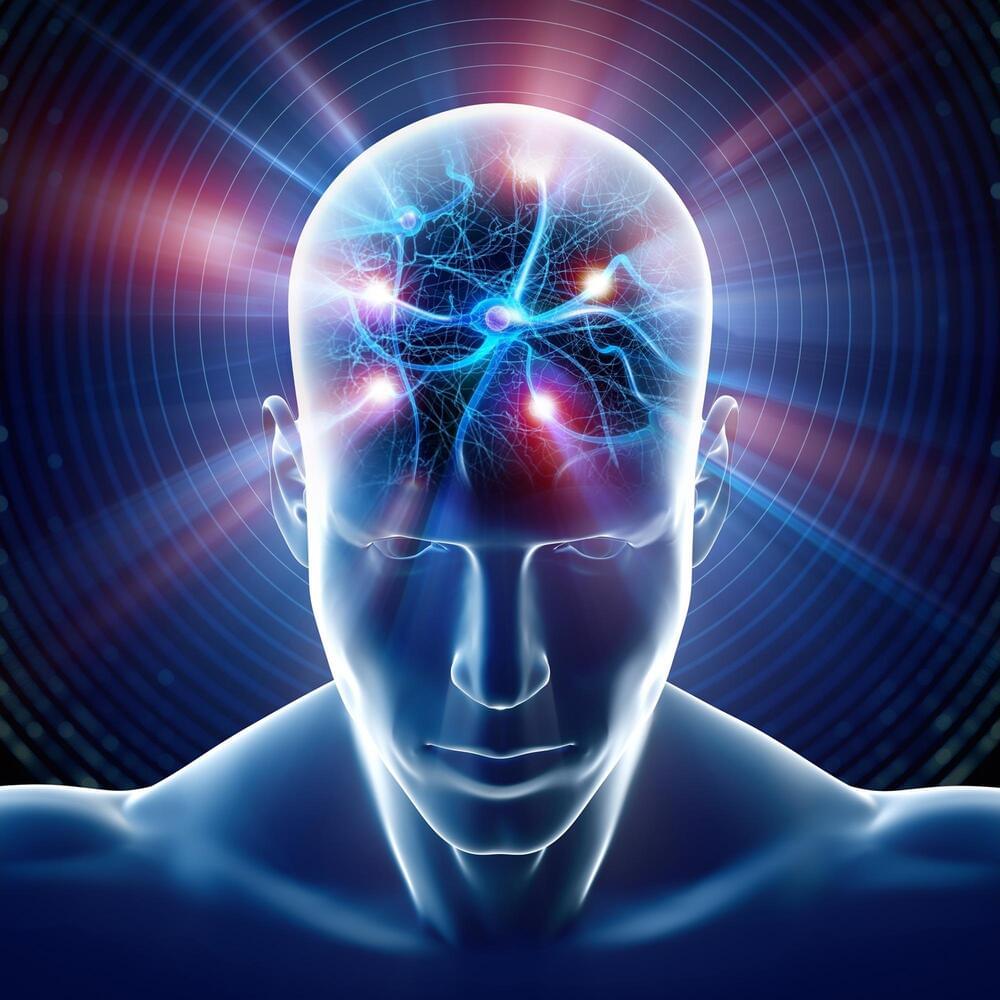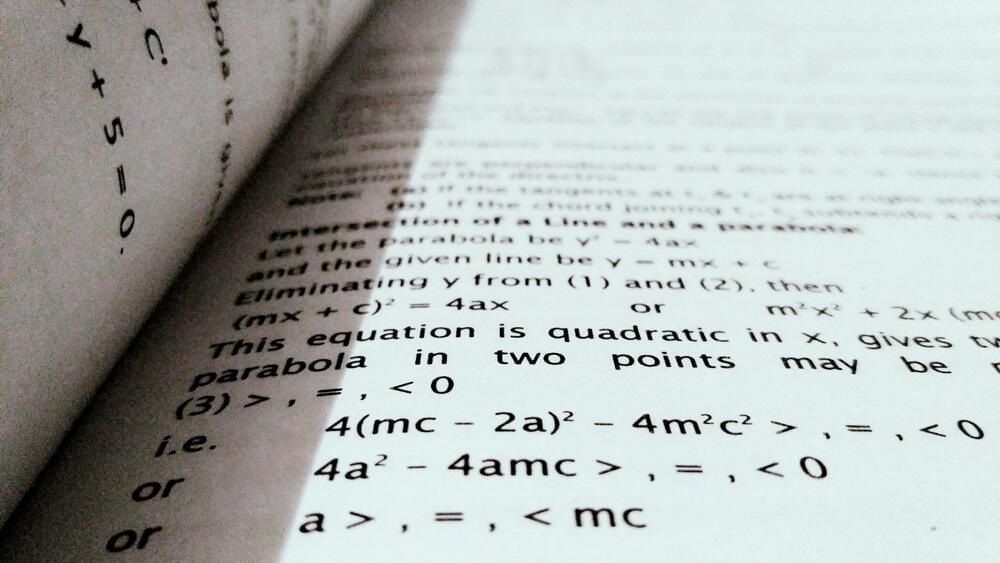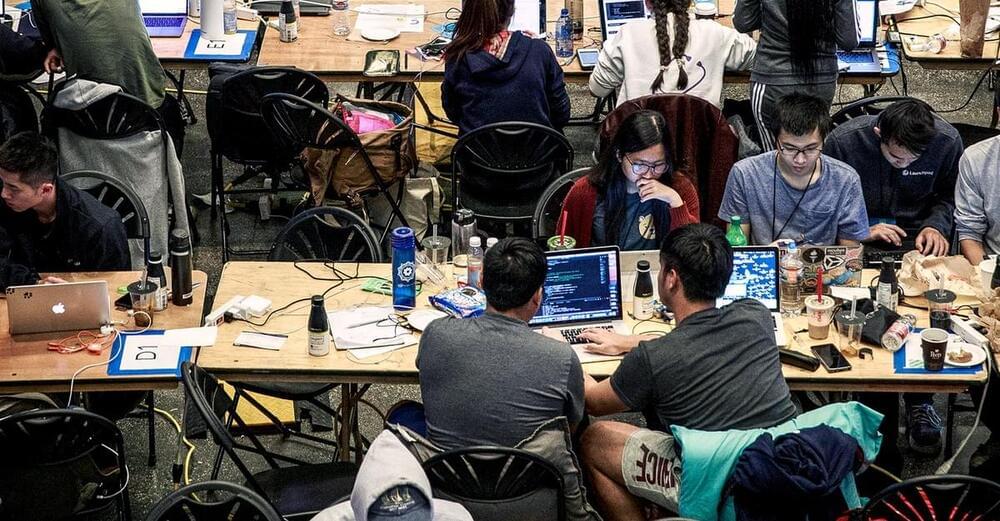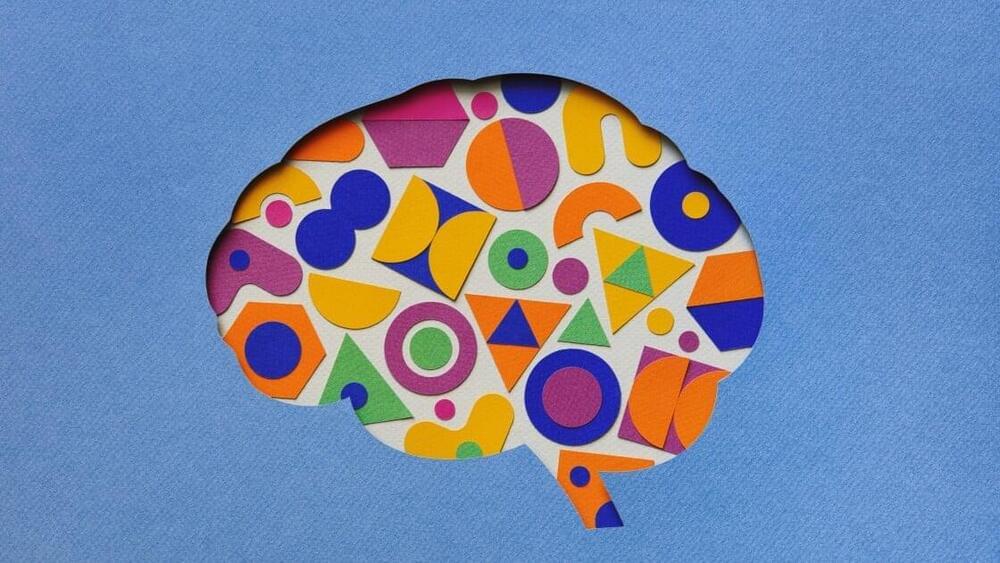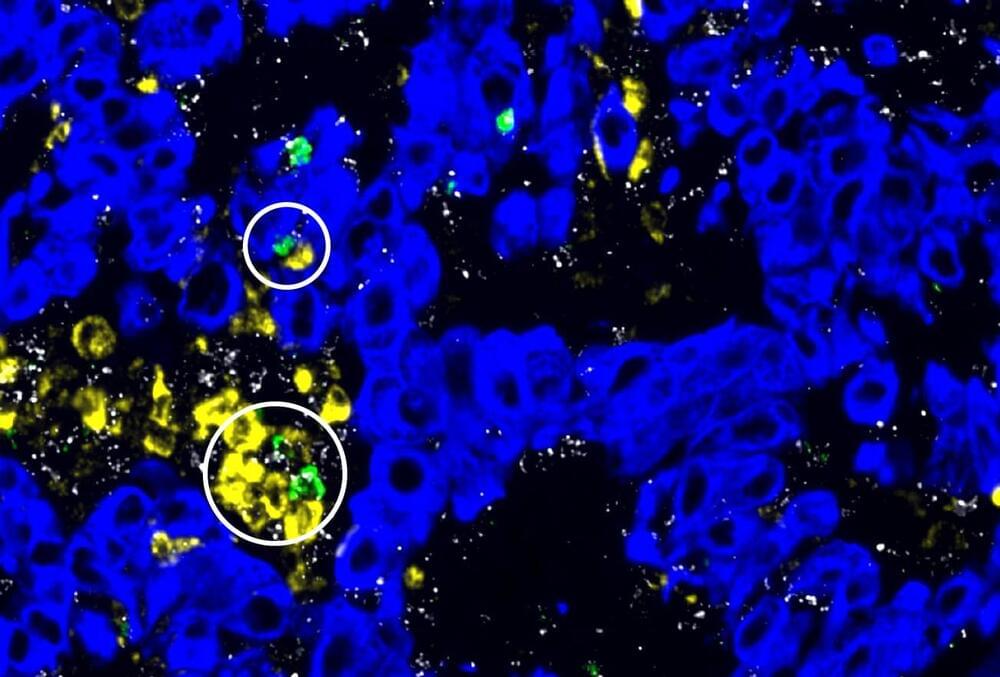Scientists at CANDLE have discovered that adolescents who grapple with the bigger meaning of social situations experience greater brain growth, which predicts stronger identity development and life satisfaction years later.
Scientists at the USC Rossier School of Education’s Center for Affective Neuroscience, Development, Learning and Education (CANDLE), have shown for the first time that a type of thinking, that has been described for over a century as a developmental milestone of adolescence, may grow teenagers’ brains over time.
This kind of thinking, which the study’s authors call “transcendent,” moves beyond reacting to the concrete specifics of social situations to also consider the broader ethical, systems-level, and personal implications at play. Engaging in this type of thinking involves analyzing situations for their deeper meaning, historical contexts, civic significance, and/or underlying ideas.
